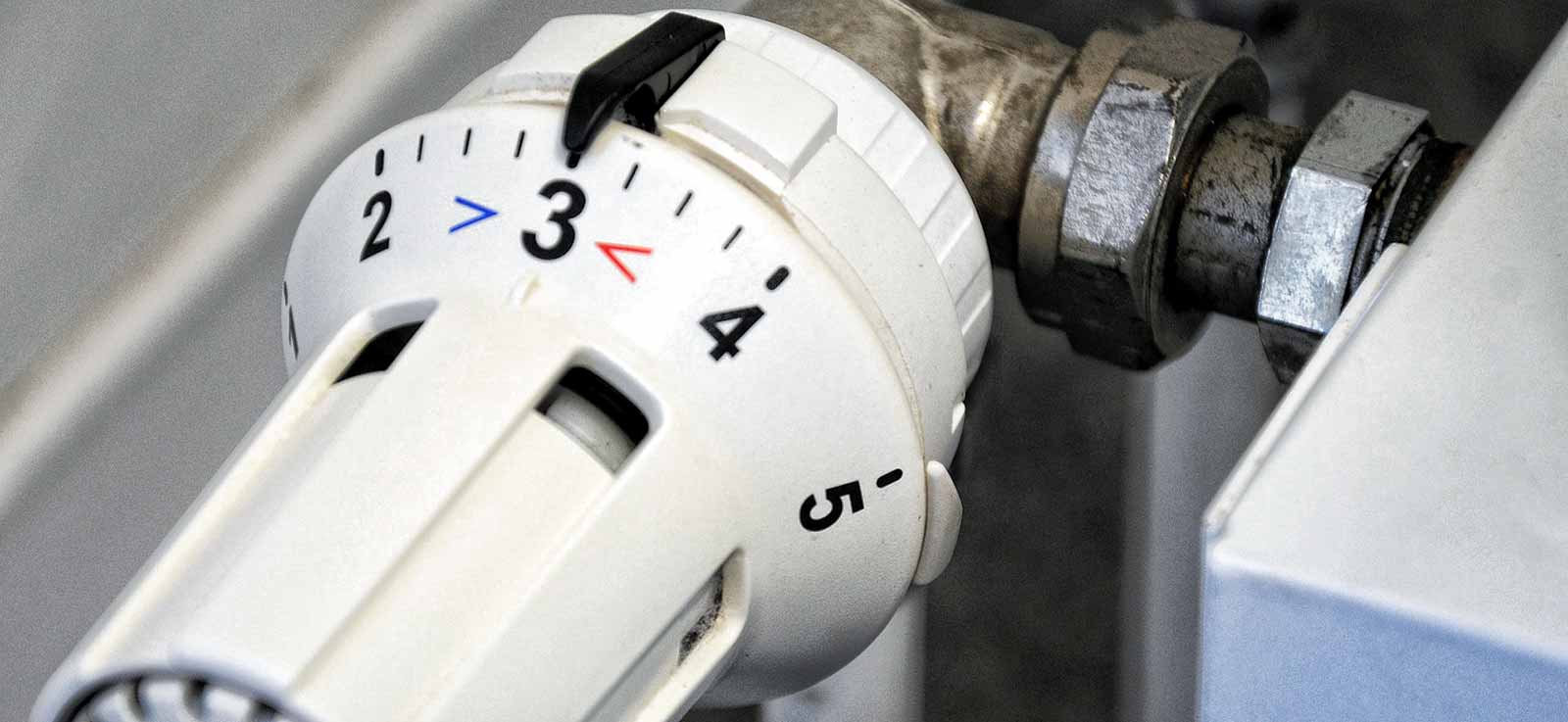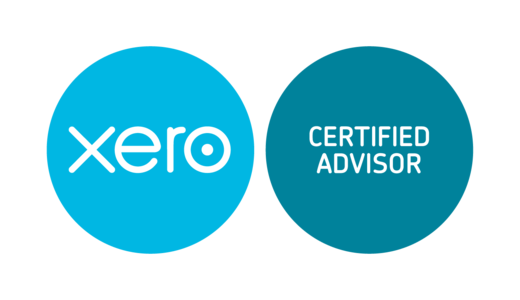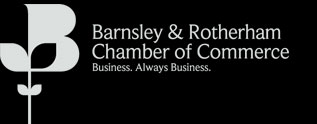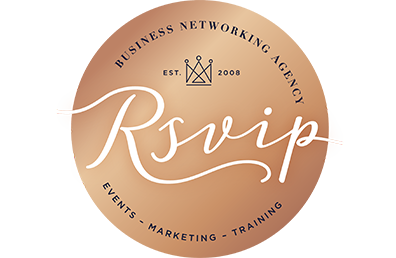Quite often in business we will buy something on our customers behalf. E.g. A plumber may buy a radiator for their customer. A solicitor may pay land registry fees for their client. But should you also charge VAT on these items when you eventually invoice you customer?
The problem from the customers point of view, especially if they’re not also VAT registered, is that they could end up paying VAT twice. For example, say a plumber buys a radiator for a job at £120 (£100 + VAT). Then fits it for thier customer. The final bill comes in at £204 – £50 for fitting and £120 for the radiator is £170 + VAT. That’s £44 paid as VAT on a £100 radiator. So how should this be approached?

Items bought on behalf of a customer can normally be treated as ‘disbursements’ Not VAT.
When the expense ultimately belongs to the client, not the supplier, items can normally be treated as disbursements. VAT does not need to be charged again on disbursements, nor does it need to be paid again as it was already paid when the item was originally bought.
However, not all purchases or costs passed to your customer can be treated as disbursements. For example, you may need to use fuel in your car to travel to a meeting or buy a train ticket – these are out-of-pocket expenses, not disbursements. Of course, you can still invoice your customer for these extra costs, however, they’re not direct purchases made on behalf of your customer.
Conditions for disbursements
When considering if your purchases are disbursements, you must ensure that all relevant costs belong to the buyer rather than your own business, you must have acted as an agent for the buyer when you bought the item or service, the payments must be itemised separately on your invoice, you only recover the exact amount paid to the third parties, and the buyer must have received and used the goods or services bought on their behalf
HMRC VAT Notice 700, paragraph 25.1
If you do charge for disbursements, you may be required by HMRC:
- To show evidence of the payment made for the purchase, with a document confirming the detail and amount (e.g. an itemised VAT receipt)
- To show that tax was not charged for the disbursement by the business recharging it to his
Could you benefit from support with your accounts, invoicing and bookkeeping?
Please give us a call on Nottingham 0115 882 0356 or Sheffield 0114 345 0960






